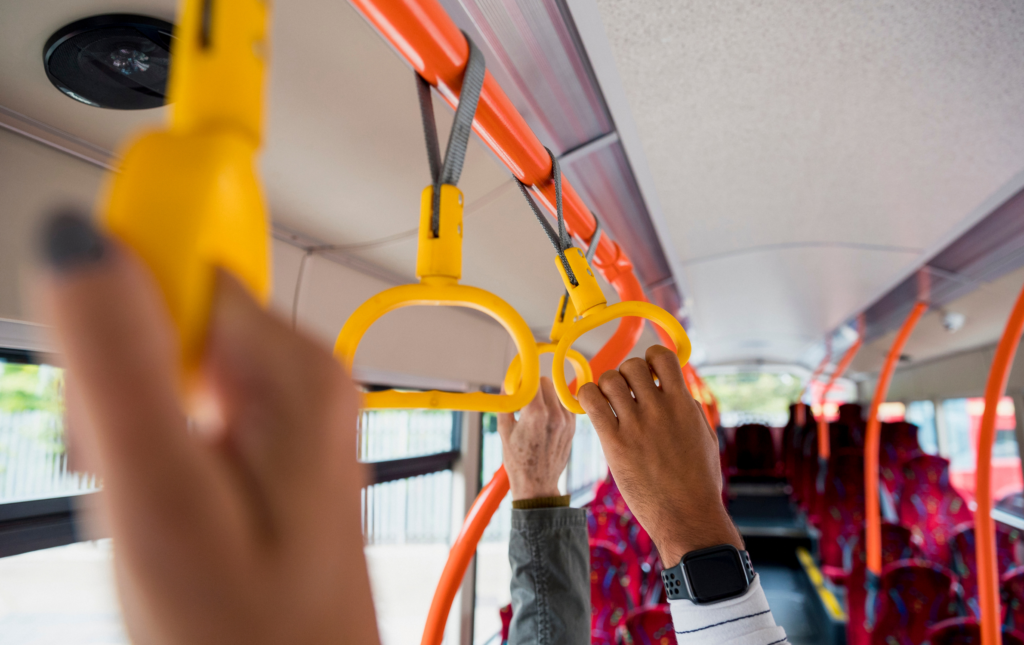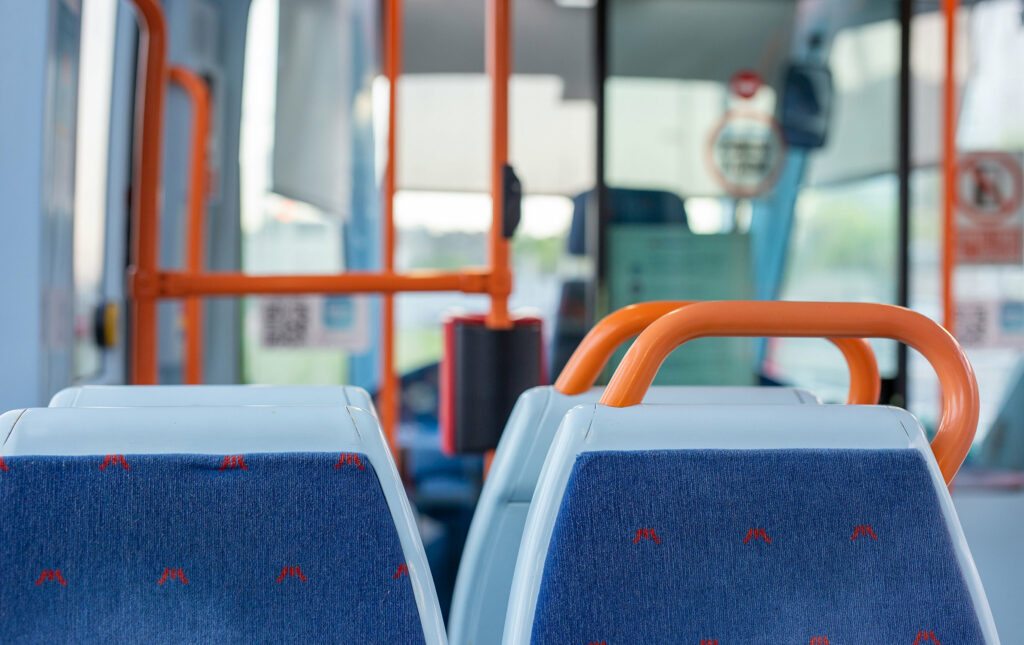Evaluating the impact of proposed new bus fare schemes
Transport North East had been awarded more than £40m in Bus Service Improvement Plan (BSIP) funding. The money was to be used to help reduce the cost of travel for young people and encourage greater use of public transport among all age groups across North East England.
A number of fare initiatives had been proposed to achieve this, including a £1 flat fare and a £3 daily cap for Under-19s, as well as reduced prices for existing multi-operator adult day tickets. These tickets would also be expanded to cover all of Northumberland and Durham.
To assess the viability of these proposals, Transport North East needed to better understand the potential demand for tickets and the impacts on revenues of each intervention, as well as the costs incurred. With this information, Transport North East would be able to justify the revenue support and draw up a business case, as required by the Department for Transport, to release the funding.
No reliable base data was available to support the evaluation of the proposed schemes. So Transport North East appointed SYSTRA to carry out a financial evaluation of the young people’s and multi-operator ticketing proposals. This work involved using suitable data sources and modelling tools to calculate the potential costs of the schemes and the likely demand they would generate.
Transport modelling provides vital demand and revenue insights
SYSTRA was able to apply a model developed during a similar study for Transport for Wales. This model used a combination of population data, average demand by age and demand elasticities to forecast how different fare interventions would affect revenue, as well as the subsidies required to support these interventions.
Our fares and ticketing specialists adapted the model for the proposed Transport North East schemes, and applied it to a range of scenarios. This enabled us to forecast both the increase in demand and the revenue subsidy required for a variety of Under-19s fare interventions.
We also carried out evaluations of the proposals for adult day tickets. This required complex modelling, since the proposed multi-operator tickets would extract demand from operators’ existing products. Our specialists were able to develop a template that allowed us to understand how this demand shift would happen, and the consequences for the revenues of each bus operator.
Local knowledge informs fare scheme development and delivery
It was important for this project that the work was carried out by a team based locally, with knowledge of the area. This enabled our team to account for a number of idiosyncrasies in the evaluation findings, which were explained by broader issues in the region.
The study found that due to the broad range of existing offers for young people from different bus operators, the proposed Under-19s scheme would have a limited impact. This meant the young people’s discount scheme could be expanded to a much wider age group, creating an attractive offer for Under-22s across the region. It also enabled sufficient funding to be allocated to the adult day-ticket scheme, which had been considered an optional extra – dependent on the funding required for the young person’s scheme.
Following our work on demand modelling, we supported the operator negotiations for all aspects of the schemes – including how they would be set up and how funding would be distributed among the operators. SYSTRA worked closely with all stakeholders, including the legal team from DLA Piper and the major bus operators. Our team was given direct access to confidential operator revenue data so that we could independently verify the impacts of proposed price reductions across a wide range of tickets.
SYSTRA was also asked to support the preparation of the business case for the Department for Transport, to release the allocated funding.
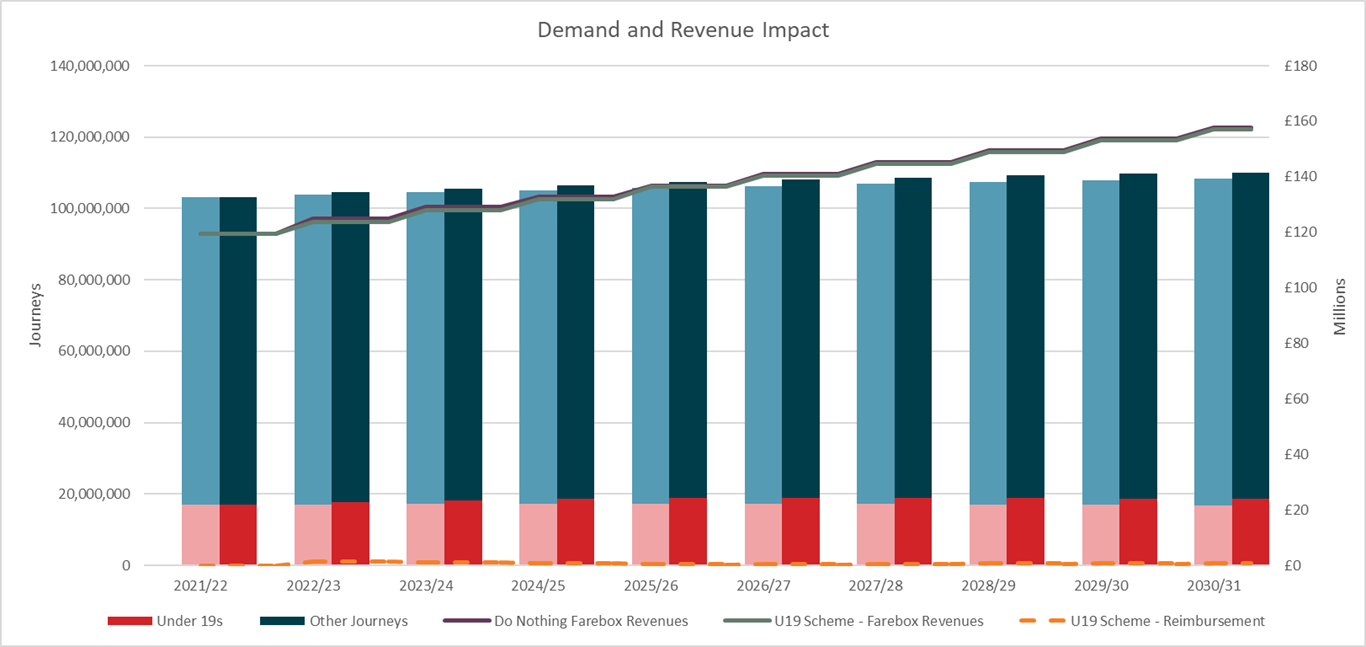
Subsidised fares attract new bus passengers
All of the new fare schemes evaluated by SYSTRA have now been introduced across the North-East. The fares and ticketing options have been well received by bus passengers in the region and have positively influenced demand.
While it is too soon to measure the precise impacts, these subsidised fares are already supporting Transport North East and the bus operators in transforming local bus services and encouraging more people onto public transport.
We’d love to help with your next project
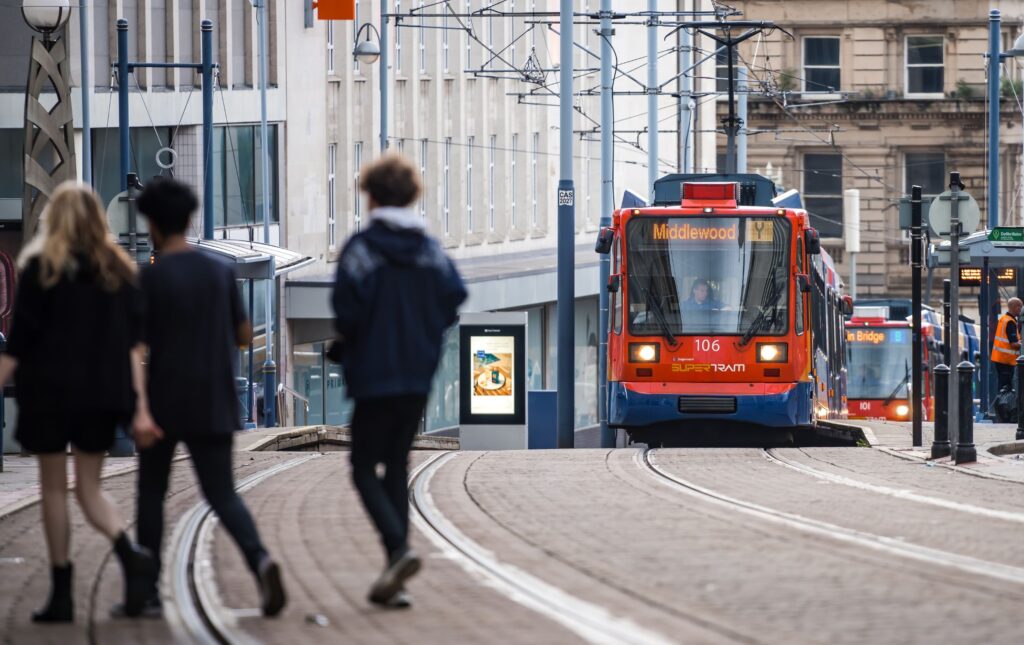
Our Markets
Read more sur Our Markets
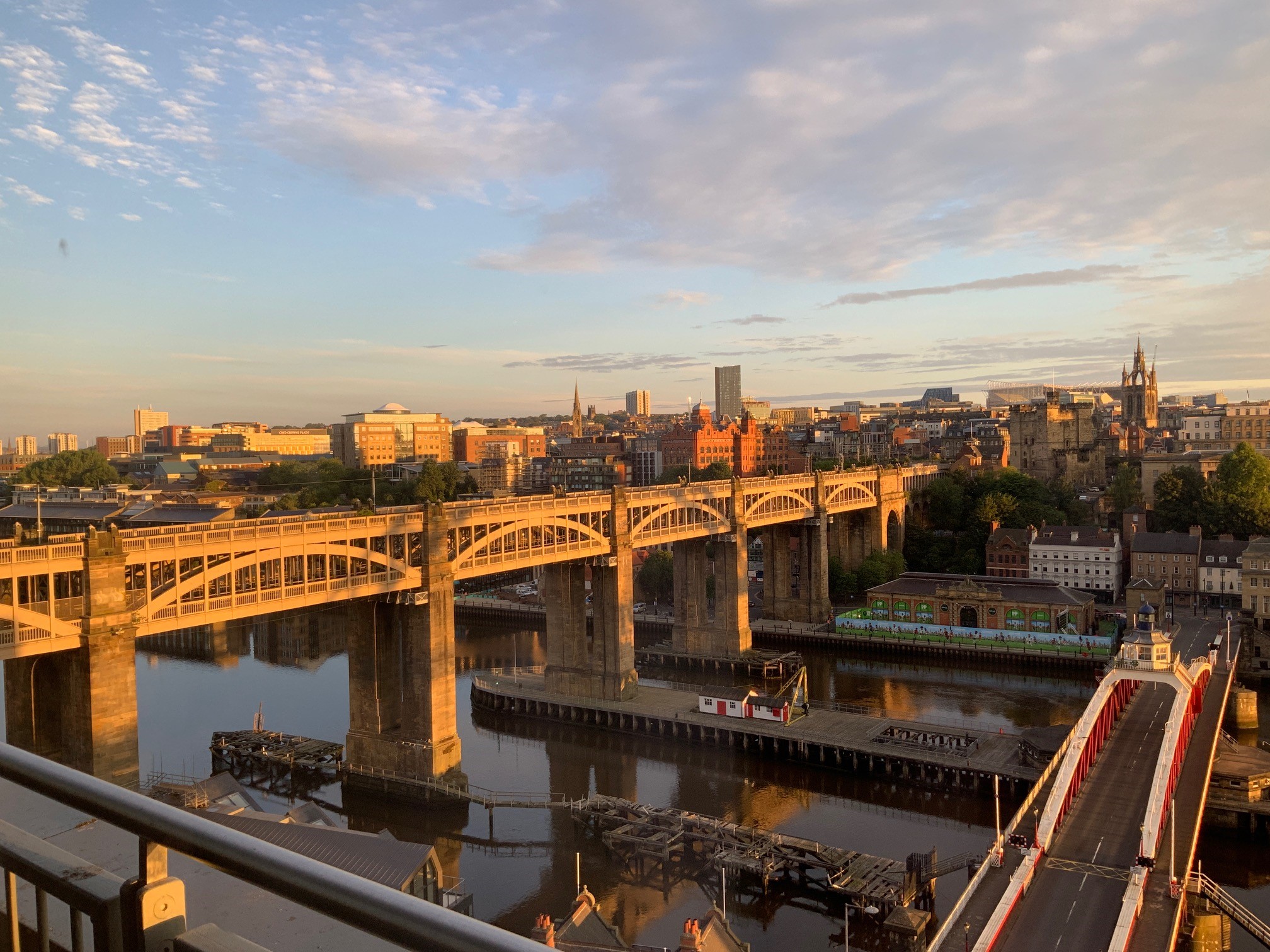

 Australia
Australia  Brazil
Brazil  Canada
Canada  Chile
Chile  China
China  Columbia
Columbia  Denmark
Denmark  Egypt
Egypt  France
France  India
India  Indonesia
Indonesia  Ireland
Ireland  Italy
Italy  Malaysia
Malaysia  New Zealand
New Zealand  Norway
Norway  Panama
Panama  Peru
Peru  Poland
Poland  Portugal
Portugal  Saudi Arabia
Saudi Arabia  Singapore
Singapore  South Korea
South Korea  Spain
Spain  Sweden
Sweden  Taiwan
Taiwan  Thailand
Thailand  Türkiye
Türkiye  United States
United States  Vietnam
Vietnam 
